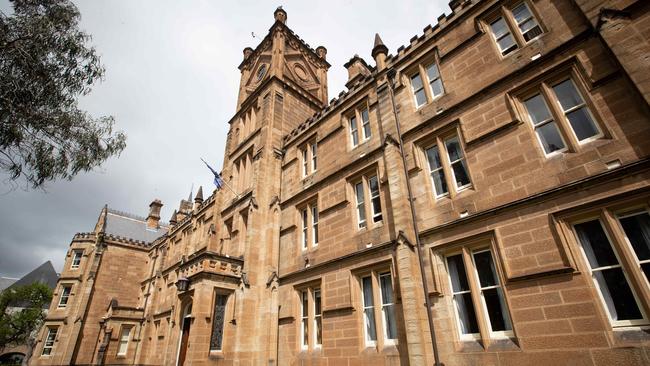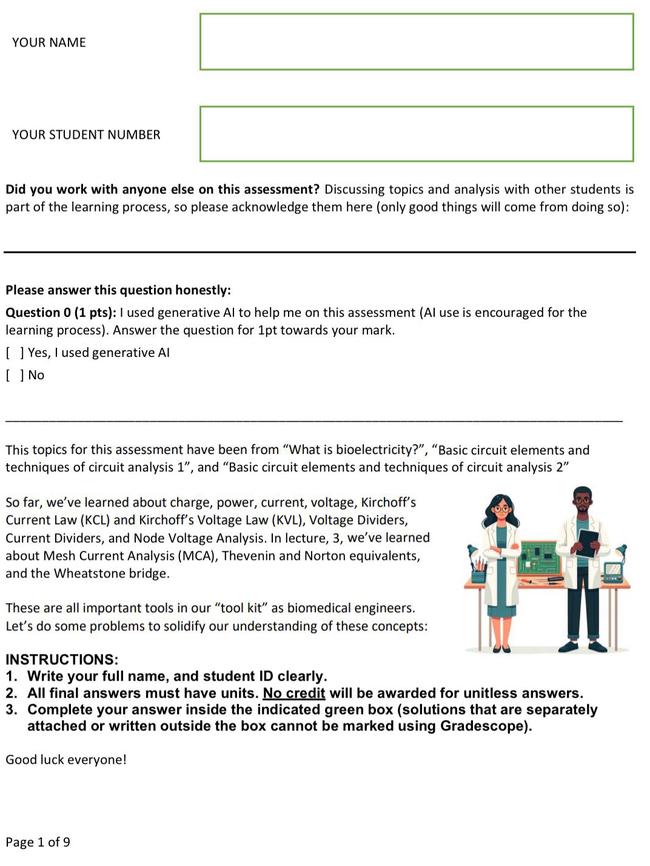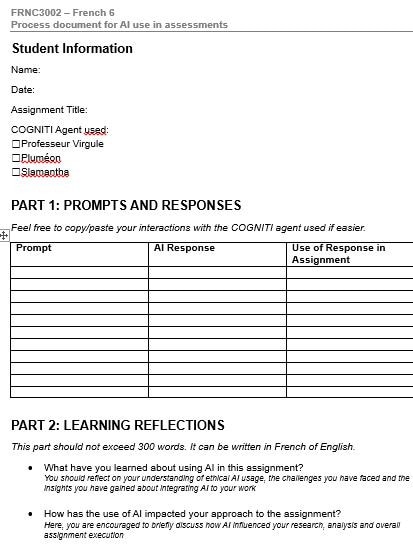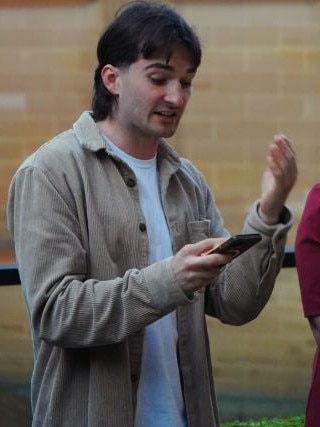University of Sydney students fight back over ‘insidious’ new AI assessment task policy
USYD is grappling with the advent of generative artificial intelligence, and some students aren’t happy with how Australia’s oldest university is handling it.

Education
Don't miss out on the headlines from Education. Followed categories will be added to My News.
Resentment is brewing between students and administrators at the University of Sydney over the institution's “pervasive” rollout of artificial intelligence, with furious students claiming they’ve lost marks for refusing to use AI tools in their coursework.
Meanwhile, the university is preparing to introduce a new “two-lane” policy that will give students free reign to use generative AI in many of their assessment tasks.
The Saturday Telegraph has seen marking rubrics for subjects across a wide range of disciplines, including a French language class in which students were to be awarded up to 20 marks for a “reflection” on their use of AI in writing an essay on the Rwandan genocide.
In another assessment task, for an introductory arts and social sciences course, 30 per cent of students’ final marks would be based on a reflection which examines the “potential advantages and potential problems with using AI to generate summaries of academic articles”.
To gain one mark, biomedical engineering students were asked whether they had used generative AI to “help” with their assessment task. The submission sheet also stated “AI use is encouraged for the learning process”.


Arts students Will Thorpe, Evie Gawlas and Ella McGrath are among those fighting back against the mandatory use of AI in some subjects, arguing the technology is a threat to academic integrity and demanding it be stripped from their courses.
Mr Thorpe, who first raised his concerns in a letter to the editors of longstanding university newspaper Honi Soit, said his studies had been subjected to an “insidious takeover … by artificial intelligence” and expressed fears the technology was undermining “the standard of education in some courses”.

“International students with very poor English skills … routinely turn to artificial intelligence and it is often clear they have not composed their own work and do not understand it,” he said.
“I watched a student give a presentation … clearly not understanding her script, being confused by many of the words, which were broadly ordinary words in the English lexicon.”
Ms McGrath said she withdrew from the French course due to her “gripe with the way AI was integrated into the course”, and knew at least one other classmate who had also done so.
While acknowledging “overworked, underpaid and under-appreciated” tutors could benefit from using AI, Ms McGrath said it was “deeply concerning” that the technology had been mandated.

Senior Lecturer in French and Francophone Studies Dr Clara Sitbon said the course she coordinated and the assessment tasks within it, fell in line with the university’s position, and denied any student would be marked down for refusing to use AI due to their own ethical opposition to it.
“We have been working on different approaches to meaningfully integrate Gen AI into the curriculum and assessment, in accordance with best practice and early research findings,” she said.
Biomedical Enginering course coordinator Daria Anderson confirmed no student lost points for not using AI in their assessment.
“I encourage students to use AI in the learning process but at no point have students ever been mandated to use AI, and no student is punished for not using AI,” Dr Anderson said.

Next semester the university will launch what it describes as a “sector-leading approach” to AI, in which all assessment tasks will be split into two categories — one for “secure” in-person exams, and one for “open” assignments that allow for AI to be used.
Student Representative Council president Angus Fisher said he “shares the concern of students over the pervasiveness of AI in the curriculum” and will be maintaining student advocacy amid what is a “drastic change” to assessment policy.
Deputy Vice-Chancellor of Education Professor Joanne Wright said the university had extended an open invitation to Mr Thorpe to discuss his concerns in person, following his newspaper submission.
“We enjoyed Will’s piece — it was well argued, well structured and fun to read,” she said.
“Fundamentally, at Sydney we very quickly understood we can’t ignore AI – we have a responsibility to prepare our students and staff for a world where this technology is part of everyday life and work.
“We’re putting a lot of thought and resource into how we do that without compromising our high educational standards.”
Do you have a story for The Daily Telegraph? Message 0481 056 618 or email tips@dailytelegraph.com.au



